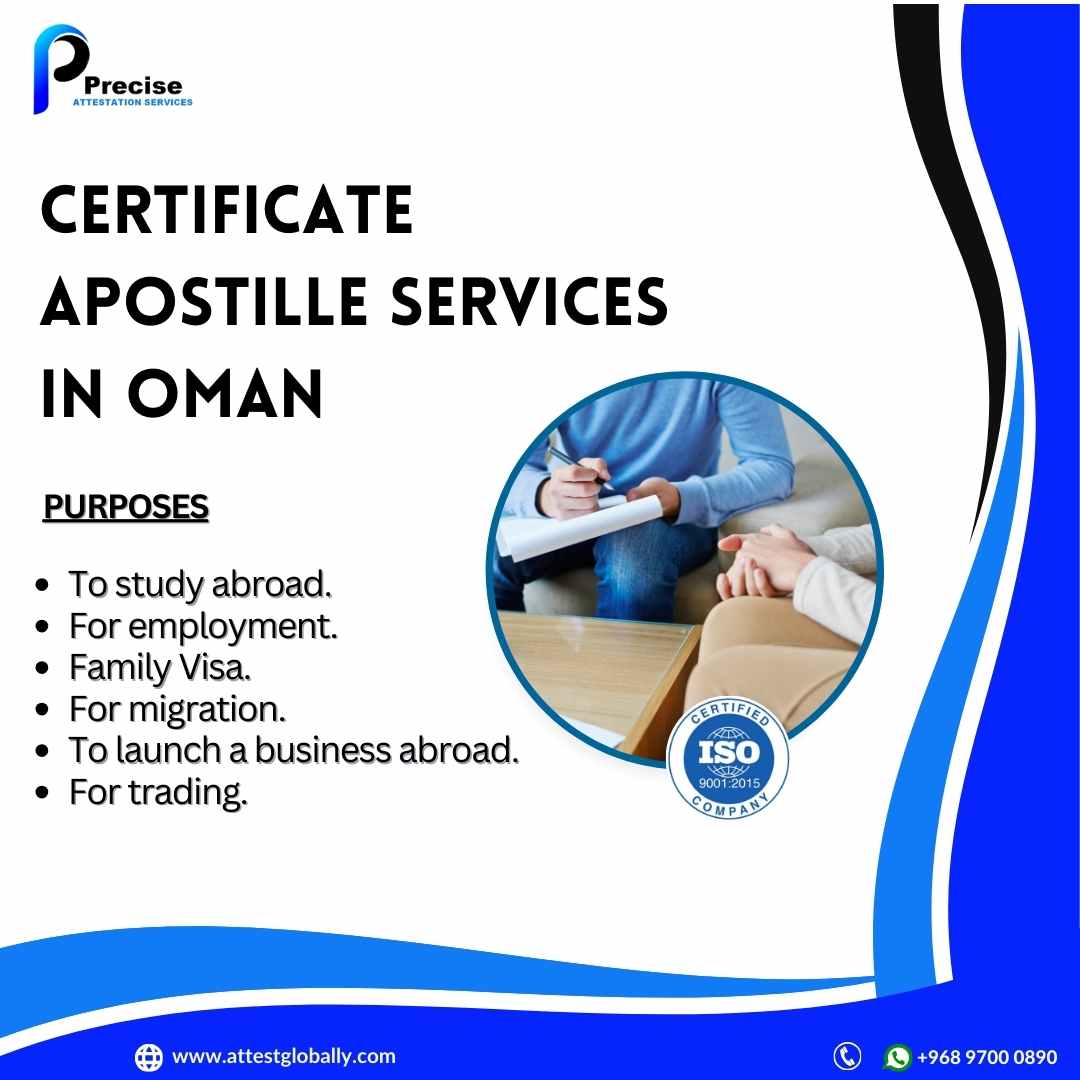A marriage certificate apostille holds significant importance in the realm of international legalization, facilitating the recognition and acceptance of the document across borders. Whether for immigration, family reunification, or other legal purposes, the apostille process adds a layer of authentication to the marriage certificate. Here's an exploration of the key reasons why marriage certificate apostille is crucial for international legalization:
1. Global Recognition:
- An apostille is recognized internationally, particularly in countries that are part of the Hague Apostille Convention. This recognition simplifies the process of legalizing a marriage certificate for use in member countries, streamlining cross-border transactions.
2. Streamlined Authentication Process:
- Apostille condenses the authentication process into a single certificate. Instead of undergoing multiple attestations by different authorities, the marriage certificate receives a standardized apostille, simplifying and expediting the overall legalization process.
3. Validity and Acceptance:
- An apostilled marriage certificate carries enhanced validity and acceptance in the eyes of foreign authorities. This is crucial for various legal and administrative purposes, such as applying for visas, changing marital status, or participating in international legal proceedings.
4. Simplification of Legalization for Different Countries:
- Different countries have diverse requirements for legalizing documents. The apostille process provides a standardized method that is recognized by multiple nations, ensuring that the marriage certificate meets the criteria for acceptance in various legal systems.
5. Time Efficiency:
- Obtaining an apostille for a marriage certificate is generally quicker than traditional methods of document legalization. This time efficiency is particularly beneficial for individuals and couples dealing with time-sensitive matters, such as immigration processes or international family matters.
6. Reduction of Bureaucratic Hurdles:
- Apostille eliminates the need for multiple attestations, reducing bureaucratic hurdles associated with the traditional legalization process. This makes the marriage certificate more accessible and acceptable for legal and administrative purposes.
7. Standardized Format:
- The apostille is issued in a standardized format as per the requirements of the Hague Apostille Convention. This format includes specific information about the marriage certificate, ensuring clarity and consistency in international communication.
8. Legalization for Various Purposes:
- An apostilled marriage certificate is recognized for a range of purposes, including immigration, adoption, inheritance, and more. It serves as a versatile and universally accepted document in international legal contexts.
9. Security and Anti-Fraud Measures:
- The apostille process adds an extra layer of security to the marriage certificate. The attached certificate includes details about the document's origin, the person signing it, and their capacity, enhancing overall security and minimizing the risk of fraud.
10. Facilitation of International Relations:
- The apostille process fosters international relations by providing a standardized and universally accepted means of authenticating marriage certificates. This facilitates the smooth flow of legal and administrative processes between countries.
In conclusion, marriage certificate apostille is a vital step in the international legalization of documents, offering global recognition, standardization, and enhanced validity. Whether for personal, legal, or administrative purposes, obtaining an apostille for a marriage certificate ensures its acceptance and recognition in diverse legal systems across the globe.





Comments